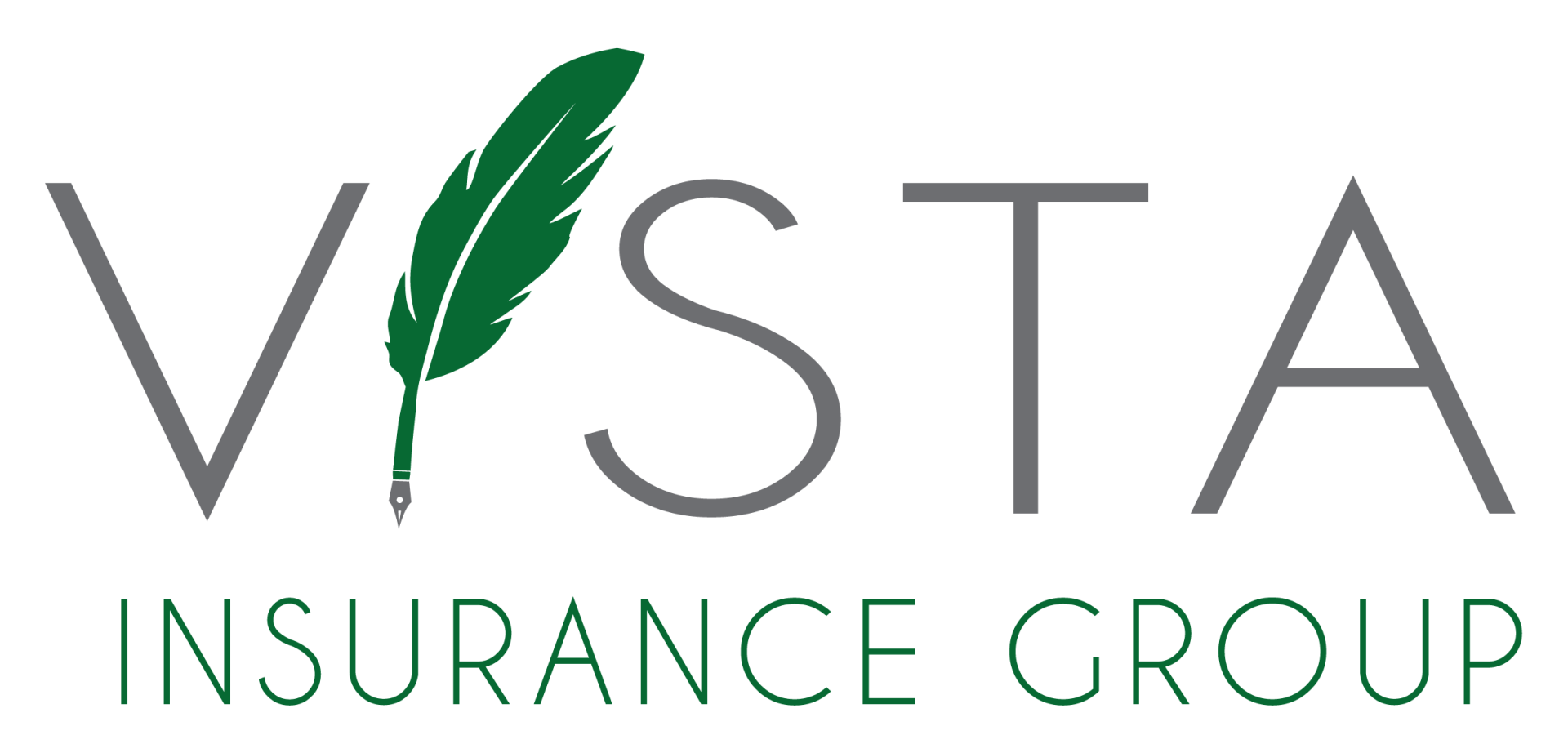How the Russia-Ukraine Crisis Is Impacting Markets and Retirement Portfolios
Immediately following the news of Russia’s decision to invade Ukraine, the Dow saw a 465-point slide and an 800-point drop in futures. That selloff also came on the heels of investor concerns about the Federal Reserve raising interest rates and inflation costs. Yet, the stock market rebounded shortly after.
Suffice it to say, investors – especially those nearing retirement – may be wondering how this conflict and aftermath of market volatility could impact their portfolios. While the future is unpredictable, here are some points to consider for those retirement portfolios.
Potential Effects of the Russia-Ukraine Crisis on the Economy
The Russia-Ukraine Crisis is the largest European land conflict since World War II. Naturally, its economic and global market effects will be noticeable in both the short and long-term. The ripples from some of those effects may not even be traceable for years to come.
Measuring the Economic Output of Ukraine and Russia
Assessing the possible fallout from this conflict might begin with examining Russia and Ukraine's exports and products to the global economy. The main products of both countries include petroleum-based goods, oil, natural gas, and other energy resources. The European Union reportedly receives about 41% of its gas from Russia.
Both countries are major producers of basic food staples such as grains, wheat, corn, and barley. Despite these countries’ production of essential commodities, their total output only accounts for approximately 3% of the world’s gross domestic product. The conflict may cause the supply of these commodities to increase, leading to increases in pricing that will most directly impact lower-income households.
Will Any Market Sectors Benefit from the Russian and Ukrainian Conflict?
Global conflicts and crises always present market losers and winners over time. For example, the video chat platform, Zoom, saw its stock skyrocket after the start of the Coronavirus pandemic in 2020, but has since cooled as the pandemic has slowed down.
The same logic will apply to the Russia-Ukraine conflict. One possibility will be in the cybersecurity sector as cyberwarfare threats have increased since Russia’s invasion. Companies specializing in cybersecurity products or services may see increased attention to their stock’s price in the market.
Protecting Retirement Portfolios During Times of Crisis and Uncertainty
Investors of all ages, income levels, and backgrounds will be interested in the Russia-Ukraine conflict’s impact on their portfolios. However, those in or nearing retirement may be more concerned over the current market volatility given their shorter investment timeline and greater reliance on their portfolio to supplement income with social security or defined benefit pensions. Investors in that group may consider several key fundamentals before making any financial or investment decisions.
Assess Cash Reserves and Expenses
Feelings of stress or anxiety over market reactions to significant political and economic events may be a signal of an investor’s current finances. Reflect on whether cash reserves are at a sufficient level to withstand short-term market volatility and explore other financial pressures (i.e., expenses) that may be contributing to feelings of unease.
Avoid Knee-Jerk Responses to Buy or Sell Certain Investments
A decrease in the value of a stock or other investment position is not a loss until locked in after a sale. Avoid the temptation to sell off investments based on fears that their value will continue to decline. Likewise, avoid investing in stocks or markets experiencing significant gains because of the current state of affairs. As with all investments, it’s important to remember the big picture and see the forest through the trees.
Carefully Consider Market Opportunities
Market volatility always breeds opportunities, and savvy investors may find opportunities to plant seeds for long-term gains amidst the doubt and uncertainty. Contemplate the rebalancing of a retirement portfolio by selling off successful investments and reinvesting some of the gains into future opportunities or wealth-preservation vehicles.
In Short: Act Without Panicking
The Russian-Ukrainian Crisis will likely leave its mark on the global economy and markets in ways that investors and institutions will not be able to foresee fully. The best course of action during times of uncertainty is to stay informed, avoid panicking, and take decisive action based on reliable information.
Provided content is for overview and informational purposes only and is not intended and should not be relied upon as individualized tax, legal, fiduciary, or investment advice.
- https://www.usnews.com/news/economy/articles/2022-02-24/stocks-crater-following-russias-invasion-of-ukraine-dow-futures-off-800-points
- https://time.com/6152988/ukraine-invasion-markets-rebound/
- https://www.cnbc.com/2022/02/24/why-europe-depends-on-russia-for-natural-gas.html
- https://asmith.ucdavis.edu/news/russia-ukraine#:~:text=Russia%20produces%2011%25%20of%20the,accounting%20for%2014%25%20of%20exports.
- https://www.marketwatch.com/story/zoom-says-a-growth-slowdown-is-coming-and-the-stock-is-plunging-11646083669
- https://www.marketwatch.com/story/cybersecurity-stocks-gain-on-fears-of-a-significant-ramp-up-of-cyberwarfare-related-to-russian-invasion-of-ukraine-11646082222
- https://www.marketwatch.com/story/cybersecurity-stocks-gain-on-fears-of-a-significant-ramp-up-of-cyberwarfare-related-to-russian-invasion-of-ukraine-11646082222
- https://www.investopedia.com/articles/active-trading/121014/protect-retirement-money-market-volatility.asp










